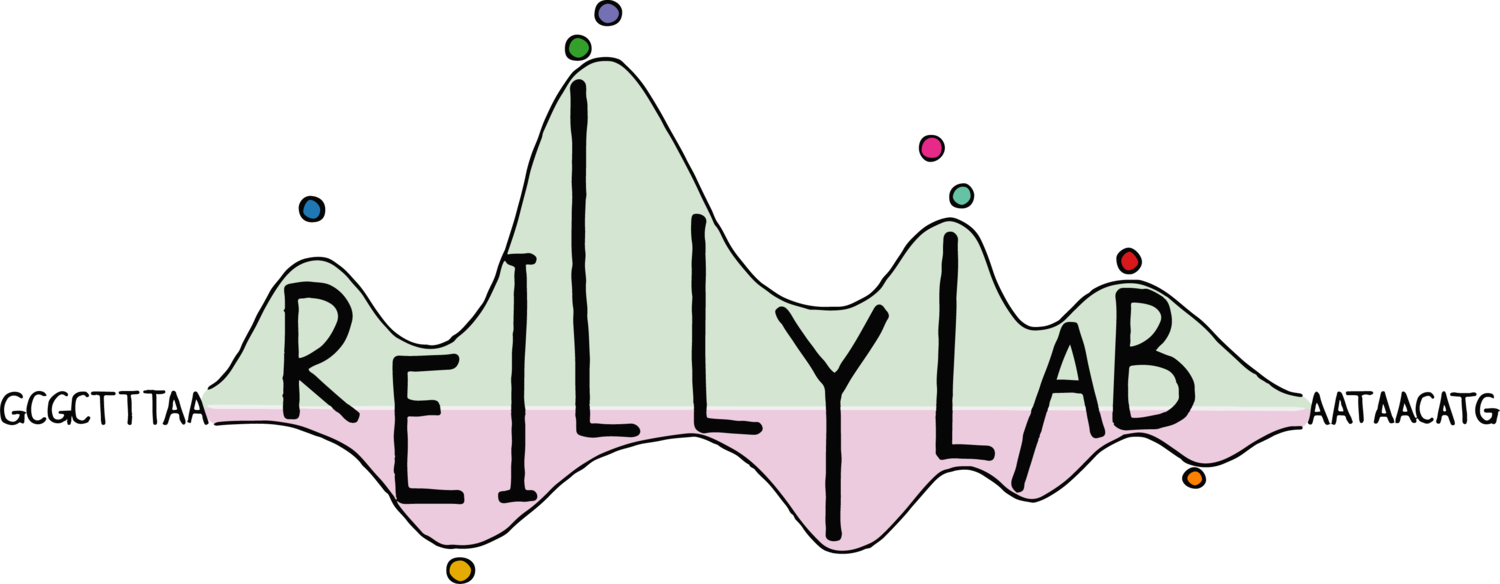New Preprint Analyzing 130+ ENCODE CRISPR screens
In collaboration with the Encode consortium and ENCODE CRISPR Working group, our analysis of the 130+ CRISPR screens on the ENCODE portal.
This may be the largest set of non-coding CRISPR screens, all interoperable w/ a common format we proposed. Data from >109 screens comprising 346,970 perturbations (13.3Mb) along with >300 verified CRE-gene links. We think this will be useful for a lot of folks in the community!
First, we were able to learn fundamentals of gene regulation and make recommendations for future non-coding CRISPR screens. Nearly ALL confirmed CREs show evidence of open chromatin. Makes sense, but good to actually finally KNOW. Importantly, largest effects are seen by targeting accessibility peak summits. This is a critical component of our proposed sgRNA design rules.
We put all of recommendations together to provide predesigned sgRNAs targeting 3,275,697 ENCODE SCREEN candidate CREs, and screening guidelines to accelerate functional characterization of the non- coding genome. https://drive.google.com/drive/folders/1vjyPEmGVmmV74AJNA9UxuathYR0BijJo
We also uncover how perturbation dynamics can cause false negatives, and make suggestions for selecting timepoints for a growth screen. Comparing the last timepoint with the initial plasmid pool yields the most true positives. We discover a previously undescribed DNA strand-bias for CRISPRi in transcribed gene bodies. Coding strand-targeting sgRNAs have significantly greater effects in these regions. REALLY important for future screen design and analysis. We don't want to be blind to intronic CREs!
Benchmarking five screen analysis tools, we found CASA produces the most conservative CRE calls, and is robust to artifacts of low-specificity sgRNAs. It outperformed the other 4 peak callers identifying the smallest set of CREs combined with the highest log2FC.
We hope the proposed guidelines and resources help new labs join the noncoding CRISPR screening world! For more experienced labs, we hope this can optimize your current workflows! Let us know how it goes!



